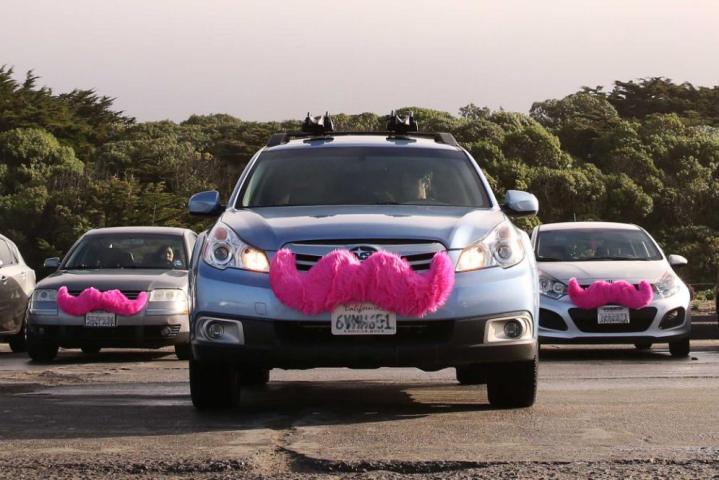
Grab CEO Anthony Tan announced the new Grab app feature that lets their customers hail Lyft cars when they’re in the U.S. Even trickier, perhaps, is a feature that allows customers to pay the Lyft fees in their own currency. Within a few weeks, Tan said, Lyft customers who travel to Southeast Asia will be able to hail Grab cars via the Lyft app.
Didi and Lyft agreed to cross-book in April but, to date, while Didi customers can hail Lyft cars in the U.S., it doesn’t work the other way. A Lyft user in China cannot use the familiar app to call a Didi car. If Southeast Asia ride-share booking for Lyft customers begins working with Grab soon, the Grab arrangement will be the first fully functioning two-sided cross-booking. Once it’s all up and running, Grab customers will have access to Lyft cars in 200 cities in the U.S. and Lyft customers will be able to hail a Grab car in 30 Southeast Asian cities.
The companies see working together as a way to compete against Uber’s worldwide scale by using apps developed in each country, rather than using a single app tweaked for different countries. Each company in the cross-platform booking agreement has teams to handle customer support and reconcile currency exchanges. According to Tan, by using dedicated support teams that focus on cross-bookings they will be better equipped to ensure satisfactory experiences on both ends.
Editors' Recommendations
- Uber vs. Lyft
- Uber and Lyft shutdown averted in California after court decision
- California sues Uber, Lyft to force them to make drivers employees
- Uber and Lyft face a cheaper ridesharing rival in New York City
- Recording rides won’t fix Uber’s assault problem, lawyers say, but it’s a start




